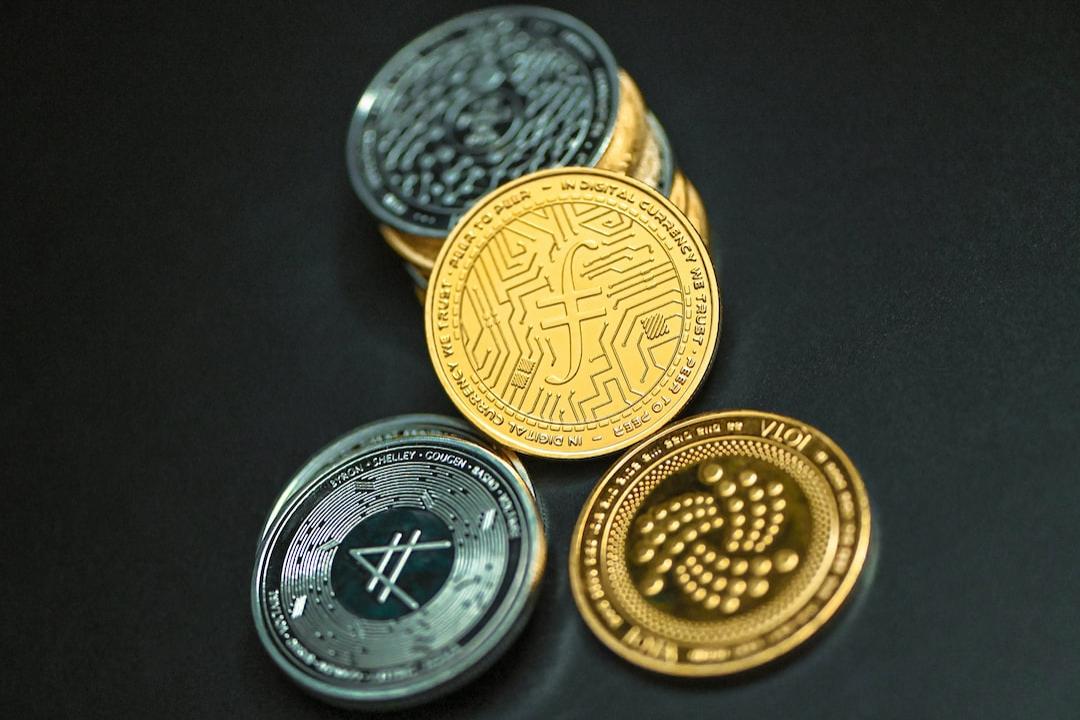The collaboration between machine learning and blockchain technology has proven to be a powerful combination that enhances collaboration and decentralization. By leveraging the analytical capabilities of machine learning and the trustworthiness of blockchain data, businesses can make smarter decisions, increase confidence, automate processes, and achieve decentralized intelligence. This partnership has a positive impact on business processes and improves financial performance.
Machine learning encompasses various methods, such as deep learning and reinforcement learning, which provide solutions to modern business challenges. These techniques are at the core of big data analytics. On the other hand, blockchain networks offer a secure system for storing and sharing large amounts of data through smart contracts, which are pieces of code.
The partnership between machine learning and blockchain revolves around data, its integrity, and the data-driven decisions that drive the process. Blockchain ensures data security, which encourages data sharing during the training and testing of machine learning models. Additionally, blockchain can be applied to allocate computing resources, establish Internet of Things (IoT) networks, and create online predictive models using data from various sources.
The integration of blockchain and machine learning has gained significant traction recently, as it offers a secure and decentralized framework for direct interactions without the need for intermediaries. Machine learning addresses the limitations of blockchain systems, resulting in high-performance and valuable solutions. Machine learning algorithms have remarkable learning capabilities that can enhance blockchain technology and improve the security of the blockchain’s distributed ledger.
Machine learning’s computational power can expedite processes like determining the golden nonce and optimizing data-sharing routes, leading to improved efficiency. It also enables the creation of more sophisticated machine learning models. By utilizing blockchain’s decentralized data architecture, machine learning models can access data stored on the blockchain network for predictions and data analysis. Storing data on the blockchain eliminates common sources of errors in machine learning models, such as missing values, duplicates, and noise. This clean and reliable data enhances the accuracy and reliability of machine learning predictions and analyses.
The convergence of blockchain and machine learning has garnered significant attention and recognition for its potential to revolutionize various industries. This dynamic partnership offers a compelling solution to address critical challenges related to security, transparency, scalability, and data accessibility. As blockchain technology advances, it fosters trust through enhanced security measures and decentralized data management. Meanwhile, machine learning algorithms are poised to reshape data analysis and decision-making processes.
Blockchain technology enhances transparency in AI decision-making processes by recording every decision made by artificial intelligence. This distributed ledger ensures that data remains tamper-proof, establishing public trust in AI technologies. Blockchain also fosters transparency and traceability due to its immutable ledger, recording every change and update made to machine learning models. This traceable history of model evolution maintains the integrity of ML models, fosters trust, and facilitates audits and compliance checks. Additionally, blockchain allows for the public scrutiny of smart contract code, improving smart contract security.
The distributed nature of blockchain opens up avenues for parallel computation and enhanced scalability, which is crucial for machine learning models that require substantial computational resources. By distributing the computational load across multiple nodes, blockchain efficiently handles large datasets and complex calculations, optimizing processes like model training and inference.
Blockchain’s intrinsic encryption ensures the security of data stored within its blocks, safeguarding sensitive information. Integrating machine learning within blockchain applications can further enhance security measures and predict potential system breaches, enhancing data protection. Blockchain also enables individuals to store and sell access to their data, democratizing data access and allowing smaller businesses to compete with tech giants.
The integration of blockchain and machine learning provides enhanced security through encryption and decentralization. Blockchain’s feature of storing data in secure blocks with cryptographic hashes makes it nearly impossible to alter information once recorded. This, combined with consensus mechanisms, ensures that machine learning models on the blockchain are secure, tamper-proof, and trustworthy.
Machine learning can contribute to energy efficiency, as demonstrated by Google’s use of AI to optimize data center cooling. This energy-saving approach applies to mining operations as well, potentially reducing hardware costs.
Integrating machine learning with blockchain-based applications can automate and optimize customer service processes, improving efficiency and user experience. In manufacturing, the integration of machine learning and blockchain enhances productivity, security, transparency, and quality control.
Enhancing accessibility to machine learning models through blockchain involves a strategic process that ensures secure sharing and monetization of these models via decentralized applications (DApps) and smart contracts. The first crucial step is choosing an appropriate blockchain platform based on scalability, security, and compatibility with machine-learning workflows. Developing, testing, and deploying smart contracts on the chosen blockchain platform is essential for automating and enforcing agreed-upon terms. Preparing machine learning models for integration involves model training and serialization, which ensures that the model maintains its structure and learned parameters. Uploading the serialized models to the blockchain requires meticulous verification and validation to guarantee integrity and functionality. Implementing model updates within the blockchain ecosystem is crucial for maintaining accuracy and relevance.
While there are challenges in accessing and deploying machine learning models, blockchain technology offers a solution. By addressing technical complexity, security considerations, scalability challenges, and compliance with regulations, the integration of blockchain and machine learning holds immense promise. Successfully overcoming these challenges can unlock transformative opportunities for these technologies.
In conclusion, the integration of blockchain technology with machine learning models provides a promising solution to the challenges of accessibility, security, and transparency. By securely sharing, storing, and exchanging ML models through decentralized applications and smart contracts, blockchain enhances the accessibility and trustworthiness of AI. It also fosters innovation and efficiency across various industries by addressing concerns about centralized deployment, scalability, and compliance with data protection laws. While there are challenges in deploying and maintaining machine learning models on the blockchain, addressing each challenge and implementing necessary measures can pave the way for improved accessibility and security in machine learning models.

